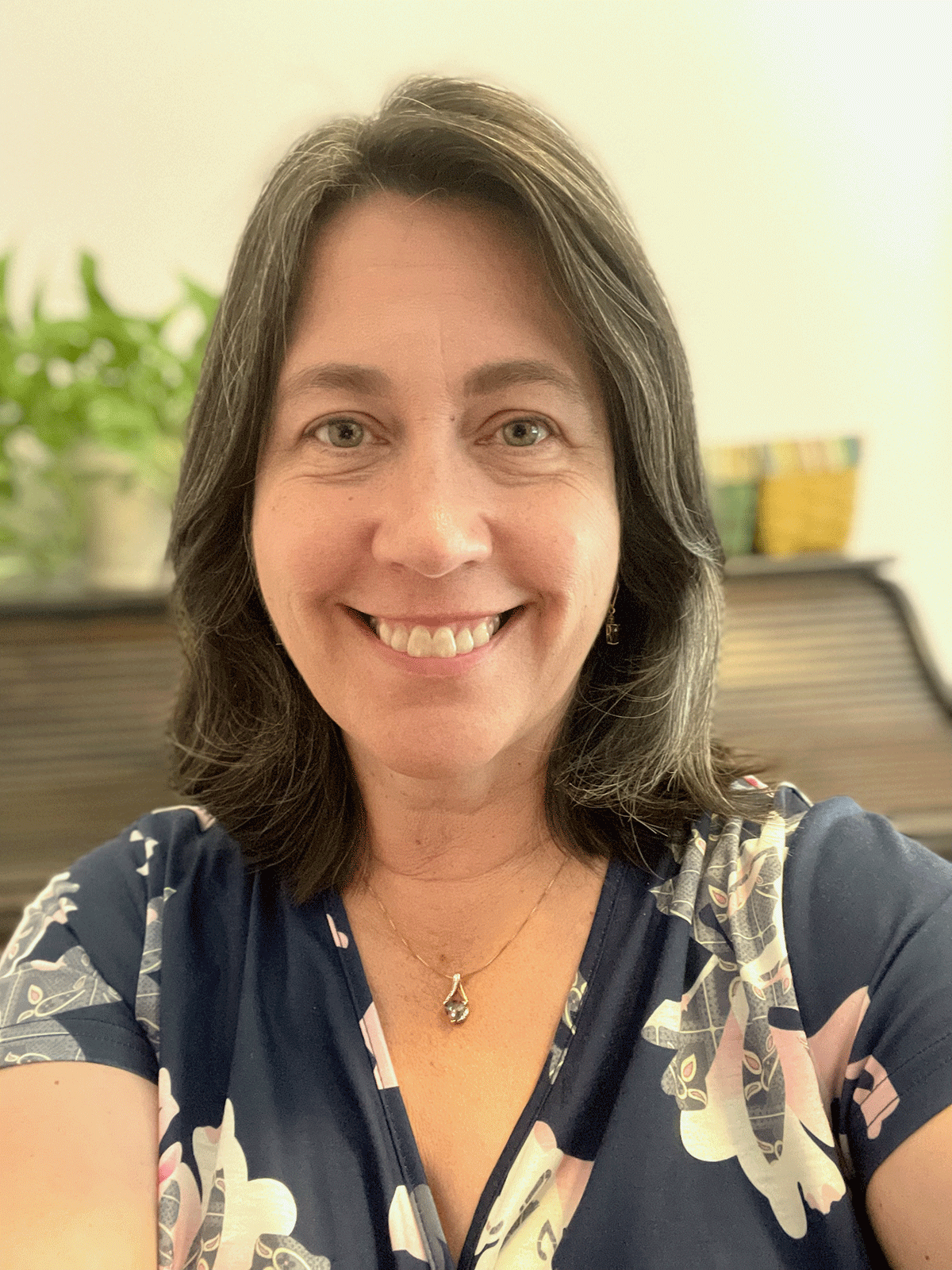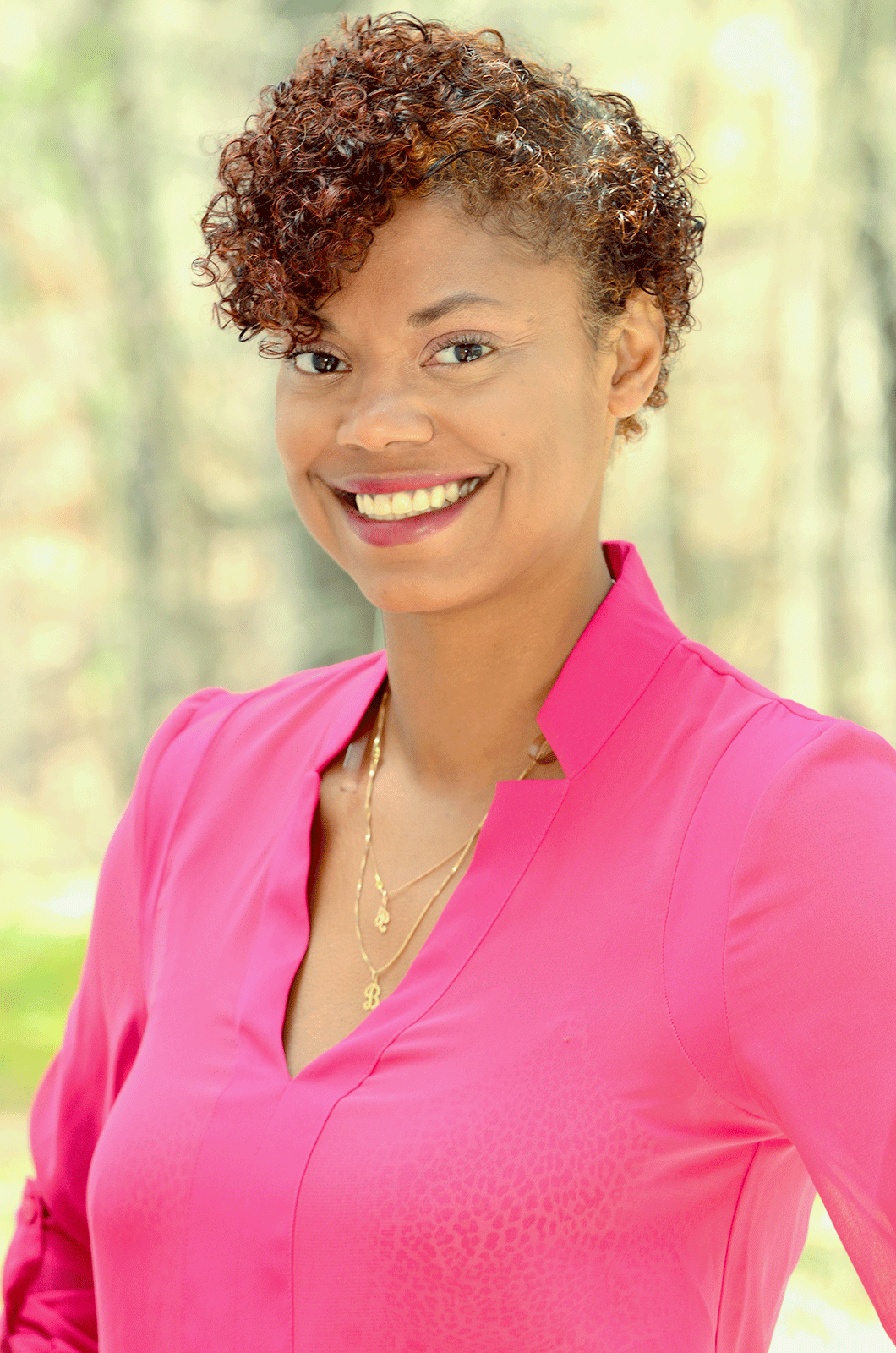On this page
Laura Myers
Deputy Chief Strategy and Innovation Officer, Ohio University, Athens.
The PDP gave me great insights and practical skills to apply immediately in working relationships with colleagues. As a thought partner, I appreciate the opportunity to learn from the instructors and cohort peers who came from many different industries. I am applying the lessons to my everyday interactions and facilitation of meetings with work teams.
Laura participated in the Harvard Professional & Executive Development Program Leadership Coaching Strategies.
Why did you decide to participate in a Professional & Executive Development Program at Harvard, and why did you choose Leadership Coaching Strategies?
In the early 2000s, I participated in [a program at Harvard called] Managing Difficult Conversations in the Workplace with Doug Stone and Sheila Heen, the authors of the book Difficult Conversations. At that point, I had just joined Ohio University in a new role as instructional faculty in our College of Business. It was a really good program and we incorporated the use of that book as a textbook in our class. So I’m familiar with the value of Harvard Professional & Executive Development Programs and have watched for other opportunities since then. This one came around at a time where I have been involved in a significant amount of work with my immediate supervisor on strategic planning.
There’s currently a lot of change and upheaval in higher education. A large part of my role is to serve as a thought partner for two different offices. I report to the chief strategy and innovation officer and I act as a liaison to the executive vice president and provost. About 30 to 50 percent of my time is working on projects that intersect our portfolio in innovation and academics. So I spend a great deal of time balancing communication between those two executives and the rest of the executive team. The program focused on the skills and talents that I use in my work and, of course, I believe we can always learn more about how to improve those skills.
Moreover, leadership coaching is a subject I really enjoy. I’ve done some reading on executive coaching and I’ve worked with a professional colleague who is a certified executive coach. I have been considering pursuing some kind of graduate education in leadership and executive coaching, and thought this would be a really good opportunity to test the waters. It was a fantastic opportunity to learn an overview of one approach and methodology for executive coaching presented by Cory Little, the program instructor (who was fantastic by the way). It solidified my understanding of what is contained within the realm of executive coaching. As a result, I am in the process of applying and have been accepted to a couple of graduate certificate programs.
Were you the only participant coming from a background in higher education?
One of the things that was very attractive about the program was the fact that we worked with people from literally all around the world and from all different types of backgrounds. There’s value in seeing different perspectives.
In a cohort of maybe 20 or a little over 20, I think three of us were academics but we were not grouped together. I worked primarily with two people who were in industry. It was interesting because we found ways to develop connections. I think it helps that people who are drawn to this kind of work tend to be empathic. We found things to talk about in the chatty moments before starting a session.
We also found that we all encounter similar types of situations, even if the context in which that situation occurs can differ from industry to industry, sector to sector. Seeing where we have commonalities and where we have differences, and how we execute our decisions, was fascinating. I haven’t always been an academic; I’m an attorney by profession. So for me, sometimes it is refreshing to have contact with people who are not in higher education, as much as I love academia.
How has the program helped you in terms of your personal career growth?
Both of my immediate supervisors were extremely supportive of me doing this program. They appreciate my role as a thought partner, as someone who can help them work through challenges, as someone who can be a sounding board for their own interactions with other vice presidents, with our university president, and external entities like our board of trustees.
That aspect of my role has been a thread throughout my career thus far, and as I start to think about the next 10 years, I find that leadership coaching is something that I would like to do more of. By personality, I’ve always sought out mentors and I enjoy mentoring others. I’ve done that quite a bit informally and on a few occasions, I’ve formally mentored colleagues and new employees. It’s been rewarding and challenging, and I think it’s been successful for the most part.
What was your most memorable lesson or take away from the class?
On my wall in my office, I occasionally hang notes to post important and interesting things that I learn. Sometimes I change the notes on a daily basis, taking some down or shifting them around, but there are some things that endure. And up on my wall right now is a very simple line that I took away from the Harvard program (although I’ve heard from other sources as well): “This is happening, but not to me.”
During the program, we talked about how we get connected emotionally to an issue in our workplace or in our life. That simple line really hit home for me as a reminder that sometimes, when you’re in the midst of a conflict at work, or a perceived conflict, you have to separate out the parts of what is really driving the conflict. Is the conflict personal? Is it driven by differences in goals? Is it driven by differences in process? It’s important to look beneath the surface to find out what’s really driving the conflict. And it’s important to not internalize the conflict.
I actually have a couple of notes up here on my board from the program. The other one I really like is about identifying your line and understanding when you drop below that line. The instructor explained it in a way that really resonated with me. When you’re operating as your rational, calm self, you can be in a creative and calm place. But there’s a line where the conflict or the challenge becomes overwhelming. When you drop below the line, you begin to operate from a place of fear or from a place where you feel threatened.
So when we are in a difficult conversation, a challenging situation, or a meeting that’s not being productive, it’s important to be mindful of that line and recognize when the situation is becoming personal rather than productive. In your internal dialogue, ask yourself where you are in relation to that line to help you understand your own reactions to the situation.
What was the most challenging aspect of the program?
The most challenging aspect for me was the fact I didn’t want the program to end. It was a 16-hour, four-day class, and it was very well done.
I’ve been to many continuing education programs. I’m frequently participating in workshops and conferences. Some of them are so simplistic that you walk away feeling like the information was not deep enough. Some might offer a good overview but nothing in depth enough to really be meaningful.
This program, on the other hand, was very self-contained. The lessons were appropriately scaled to what we learned and what we practiced. And I wanted to do more. At the completion of the program, I was ready to continue, to take the material to the next level, not only with the instructor but with the people in the program as well.
I thought it was a really great group and so diverse in terms of backgrounds, geographic locations, culture, and identities. I thought it was really a group of people that I would like to have hung out with a little bit longer.
Has the program helped you build your personal or professional network?
I connected through LinkedIn with the people in the practice groups that we worked closely with. I’ve maintained a conversation with a gentleman from the Netherlands, and I’ve had a couple of quick conversations with another young man in the IT industry, both of whom I worked with during the program. It’s been nice to chat and have the opportunity to share articles and ideas back and forth.
Is there anything else you’d like to share or think others should know about your experience at Harvard Professional & Executive Development?
This program is really an applied program. The program laid out at a very high level various theoretical constructs. Executive coaching draws on many different disciplines that impact how we communicate with one another in our workplace, or even in our personal lives. We would talk about that and then we completed practical exercises. We would go into breakout rooms, do practice sessions, and have conversations about the readings and what we were working on. In other words, we were able to practice what we were learning. I felt like I learned something every day that I could immediately take and put to use the next day.
Describe your experience at Harvard Professional & Executive Development Programs in one word.
Useful.
This interview has been edited for length and clarity.

